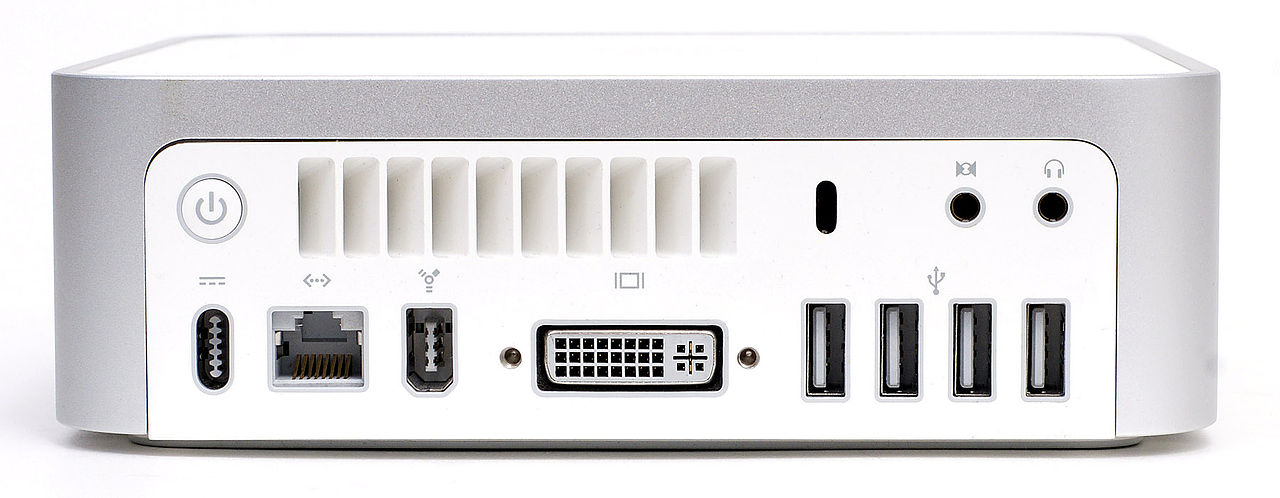|
Size: 1116
Comment: Initial commit
|
Size: 1594
Comment:
|
| Deletions are marked like this. | Additions are marked like this. |
| Line 3: | Line 3: |
| {{attachment:IconsPage/ubuntu.png||width=300}} | {{attachment:1280px-Mac-mini-dvi-back.jpg||width=300}} |
| Line 15: | Line 15: |
| The original systems were sold in two flavors: | The original systems were sold in two 64-bit flavors: |
| Line 31: | Line 31: |
We have three options to get around this. 1. Use an Ubuntu 32-bit '''i386''' install disk. As of this writing, no i386 isos contain EFI bootable binaries. This is not ideal since we would be installing 32-bit software on a 64-bit capable system. 2. Use an Ubuntu 64-bit '''amd64+mac''' install disk. These disks have explicitly removed EFI bootable binaries forcing a machine to boot with BIOS compatibility. 3. PXE, but that's another can of worms. |
Mac mini (2,1), release date: Late 2007.

Under Ubuntu, you can verify that this is the model that you have by typing at the terminal:
sudo dmidecode -s system-product-name
This command should output Macmini2,1. Some people seem to have upgraded their original Mac mini (1,1) firmware to Mac mini (2,1). These systems are not covered here.
The original systems were sold in two 64-bit flavors: * Core 2 Duo @ 1.83 GHz (T5600) * Core 2 Duo @ 2.00 GHz (T7200)
Important information for booting
Mac mini (2,1) will only boot from the internal HDD, internal Super`Drive, or (presumably) FireWire target disk mode. This means that booting via a USB port Does not work.
Mac mini (2,1) uses an 64-bit EFI firmware but also support BIOS boot compatibility. However, due to the EFI implementation a Mac mini (2,1) does not handle a BIOS / EFI bootable disk gracefully, usually dropping to the following prompt:
1. 2. Select CD-ROM boot type:
We have three options to get around this.
Use an Ubuntu 32-bit i386 install disk. As of this writing, no i386 isos contain EFI bootable binaries. This is not ideal since we would be installing 32-bit software on a 64-bit capable system.
Use an Ubuntu 64-bit amd64+mac install disk. These disks have explicitly removed EFI bootable binaries forcing a machine to boot with BIOS compatibility.
- PXE, but that's another can of worms.